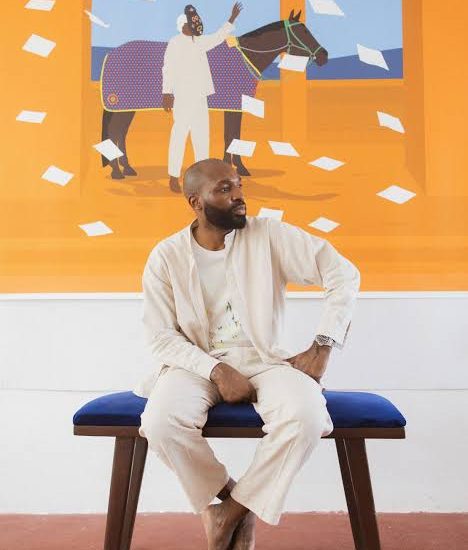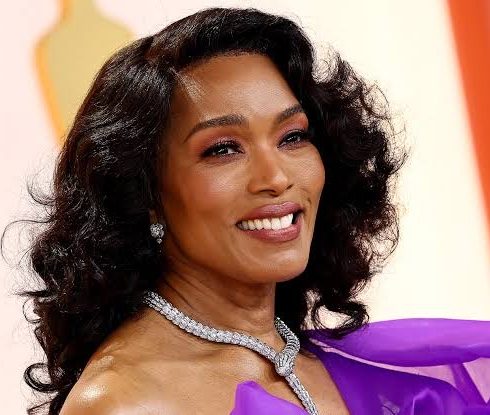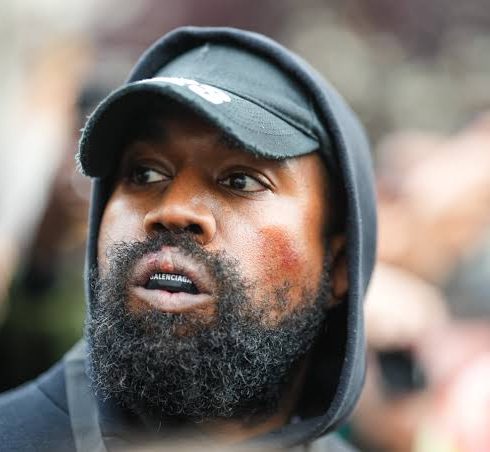Here’s What #BlackGirlLuxury Really Means
Here’s What #BlackGirlLuxury Really Means
Black women celebrating opulence and ease online were once a rare sight. The #BlackGirlLuxury movement, popularized by TikTok creator Anita Aloys in 2021, sought to change that. It has since ignited both celebration and debate, raising important questions about representation, consumerism, and the ongoing fight against racial and gender-based exclusion in luxury spaces.
#BlackGirlLuxury provides a platform for Black women to reclaim a sense of luxury historically denied them. From designer closets to first-class travel, these images normalize a reality too often excluded from mainstream portrayals of Black life. For supporters like Aloys, the movement is about more than material goods; it’s about self-expression, occupying space without apology, and prioritizing self-care.
EMBED LINK- https://www.instagram.com/p/
The movement has faced accusations of promoting materialism and ignoring the exclusionary nature of luxury itself. Additionally, some critics argue it should not be confined to Black women’s experiences. These criticisms underscore the ongoing tensions between celebrating Black affluence and dismantling systemic barriers within the luxury industry.
EMBED LINK- https://www.instagram.com/p/
While some focus on the online debates, one vital impact of #BlackGirlLuxury is the increased visibility and support for Black-owned businesses. This reflects a shift in consumer priorities, highlighting the need for Black creators and entrepreneurs to have a stronger presence in the luxury sector. “We create luxury. We are of it and it is of us,” asserts stylist Zerina Akers, founder of Black Owned Everything.
EMBED LINK- https://www.instagram.com/p/
The future of #BlackGirlLuxury lies in how it translates beyond the digital realm. While increased representation is important, the real victory lies in Black ownership, Black leadership positions within luxury houses, and broader understanding of the Black consumer’s power. The movement has served as a catalyst for meaningful conversations and action, a testament to its ability to spark change both online and off.

Ntianu Obiora is a versatile creative professional with over a decade of experience in publishing, marketing, communications, and digital strategy. She is the Online Editor at THEWILL DOWNTOWN






